JOWST — the DJ born Joakim With Steen — has become a firm fixture within the Eurovision bubble. Since representing Norway in 2017 alongside singer Aleksander Walmann, he’s competed as a songwriter in Melodi Grand Prix 2018 and submitted songs to the UK. And he regularly gets involved in social media discussions on the contest.
However, his love for all things Eurovision is only freshly acquired. In his newly launched podcast series — aptly called JOWSTCAST — the “Grab The Moment” hitmaker admits that, as recently as 2016, he considered the contest “lame”.
JOWST’s evolving views on Eurovision
The EDM guru says that he wouldn’t have gone to Eurovision pre-2016 because “Eurovision sounded and looked lame/strange/freaky/like a circus”. Earlier in his career, he saw it as a show with too many music genres. He considered it “lame” because he only stuck to his EDM wheelhouse.
But Eurovision is famed for broadening horizons. And that’s exactly what happened to the Norwegian DJ. He admits that now he is more open to the contest after being exposed to so many different artists and styles.
At almost 30 minutes long, the episode sees JOWST drop plenty more nuggets about his Eurovision experience.
Eurovision and radio airplay
Ten minutes in, JOWST opines on the prejudice that still exists towards Eurovision acts in the media. He explains that once an artist gets selected for Eurovision, many radio and TV stations simply won’t play their music, viewing them as “tainted” — It gets “stamped in your face”.
On Melodi Grand Prix and Eurovision 2017
Returning to his MGP story, JOWST reveals that he was confident he would win the national selection. However, when he made it to Kyiv he became a bit more doubtful. All forty-two of their competitors’ songs sounded like winners — “Well, not ALL of them, but MOST of them”.
Further on, he seems to throw more shade at internally selected songs, saying they’re “maybe” not as good as those selected by the public. But then he immediately backtracks, saying “that fact is not a fact all the time”.
He adds that if an artist is not willing to perform their song in front of millions of people on TV and only wants people to listen to their genre of music, and doesn’t want to get feedback on their music from a lot of people (because they’re worried that too much feedback would cause them to change who they are as artists) then they shouldn’t do to Eurovision.
After telling a detailed story of what the two weeks during Eurovision 2017 felt like, he says that every artist who goes to Eurovision should go wanting to win.
He also confides that initially, when he came tenth, he thought it was disappointing. But then a few hours later he changed his mind because he realized what a journey it was just to get to that point.
Future projects
Halfway through, JOWST teasingly reveals that he’s currently producing a yet unreleased song for Lake Malawi (Czech Republic Eurovision 2019).
JOWST’S Podcast — JOWSTCAST
Fans will be happy to know there’s a new way to stay up to date with the mysteriously masked DJ wonder. On JOWSTCAST, JOWST aims to discuss anything and everything related to life, social media, music and the music business. It’s a lively, lighthearted discussion made for the Eurovision fan at heart. And, yes, he spills some serious tea!
What do you think of JOWST’s new podcast? Will you listen to future episodes? Sound off below.
Follow all of our Norway Eurovision 2020 news.
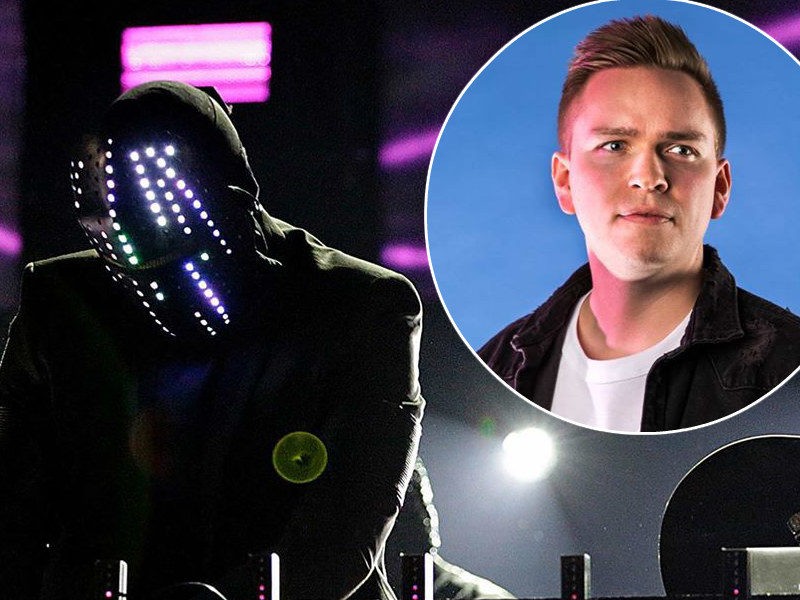
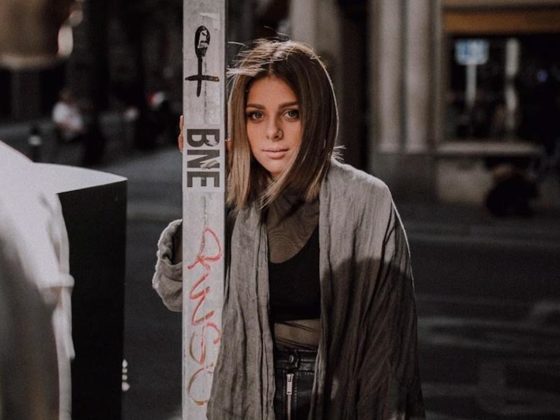
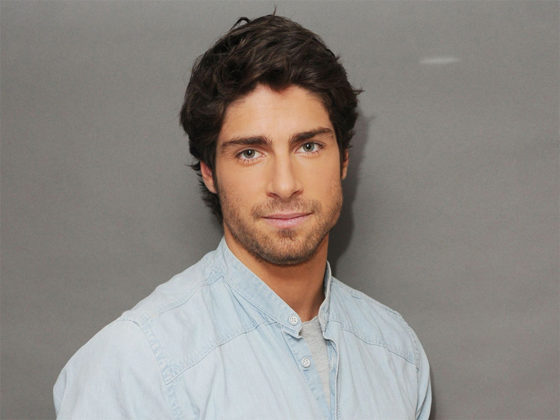
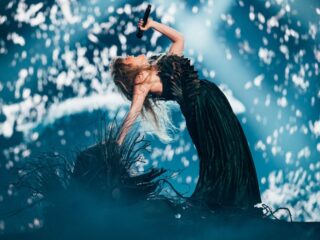
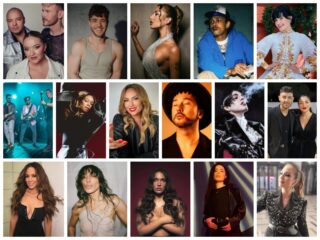


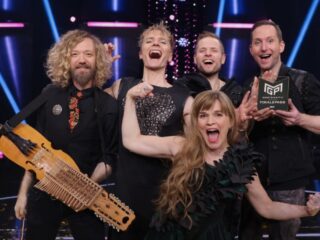
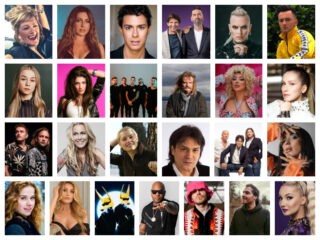
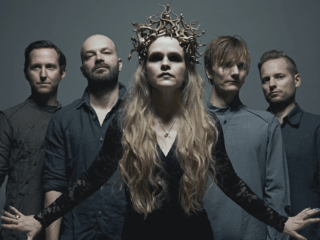
What is a radio station?
My grandparents mentioned them in stories of long ago but it never made sense. Are there platforms where people wait for radios to arrive?
No shade but what was lame was using pre recorded vocals while it wasnt allowed and while Norway in 1999 argued against Croatia for having pre recorded vocals.
This is a good article!
Good thing that for now Eurovision has sparked increasing interest from bigger singers in each countries. The ‘non-radio, non-commercial’ branding might fade away even quicker now.
No, I think the fact of the matter is that apart from Grab the Moment (a song that I still love), JOWST’s music is mediocre at best and that’s why he doesn’t get any airplay in Norwegian radio (knowing his history I can tell this is what he meant by that comment)
They are still better than lot of other crap that gets played on Norwegian radios…
i dunno what he’s talkin bout. spirit in the sky peaked at #3 in the norwegian airplay chart and it’s #35 this week. the single was #23 in the year-end charts and it sits with a cute platinum certification.
1 song…. 1 song…. Most songs don’t get played that much anymore. “Haba haba” was a huge hit but I never hear radios play any other songs by Stella Mwangi evemthough she is considered the best female rapper we have and has released many great songs since her Eurovision participation. Tooji and Margaret Berger didnt get played at all afterwards and completely disappeared from the music scene because of it… Even JOWSTs songs are not being played and they are quite oi as well. Haven’t heard much of the new KEiiNO songs either yet…
It’s still harder for Eurovision performers to be taken seriously before Euphoria (followed by Only Teardrops) took the storm and actually charted. Eurovision was still in quite a bad stigma, but good thing the view has slowly changed from that moment on.
I think Eurovision artists will have to work harder on releasing songs that can adapt to the radio. There’s still quite a difference on how Eurovision songs and airplay songs are approached, since Eurovision music aren’t always that ‘marketable’ or ‘relatable’.
Love them or hate them, the “legitimacy” of Amar pelos dois and Arcade plus the viral success of Toy is teaching artists that not only can straightforward indie-type songs do well, but the songs can also become huge viral hits.
we live in the era of social media. the french jesc song, bim bam toi, became viral on tiktok n not only did it enter the french charts, but its music video has accumulated 24 million views(!!!) and keeps getting 500k+ per day from france alone. i think for the next few years we’re gonna have some meme-worthy songs and that’ll be the new ‘circus acts’ of the 00s.
I think the importance of radio is overestimated here. 5-10 years ago yes radio airplay was very important, but today nearly all music is streamed or downloaded, especially by people 15-30, and thanks to that so many artists are discovered through social media and Spotify without needing radio airplay
Right, and most radio stations have rigid & limited playlists that they can’t deviate from. No risks.